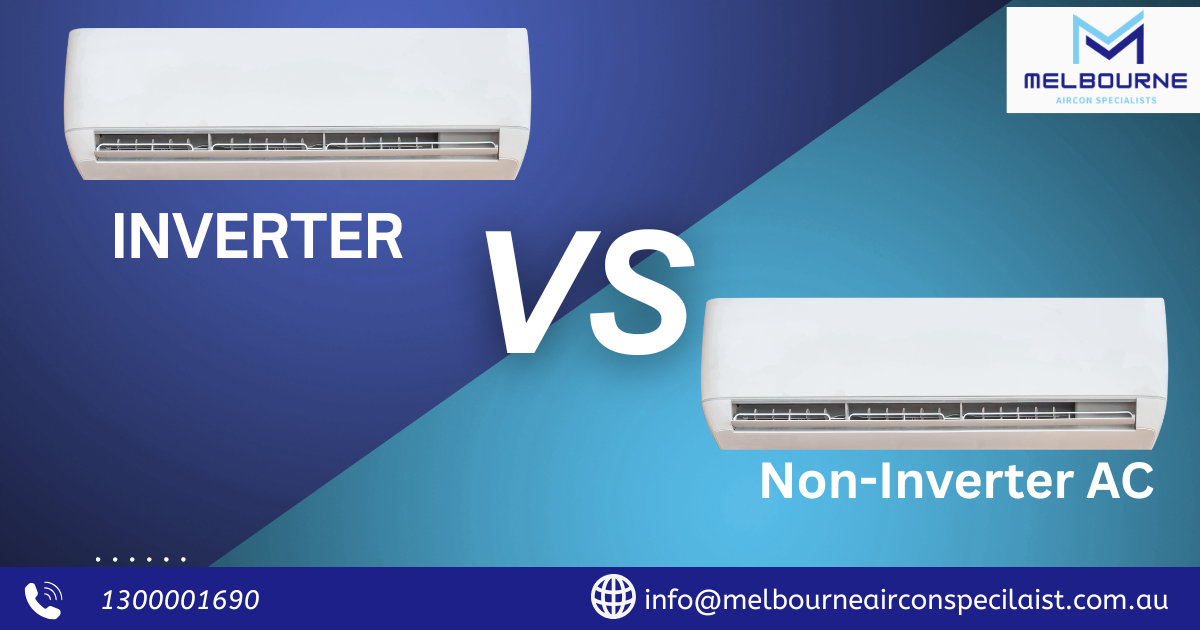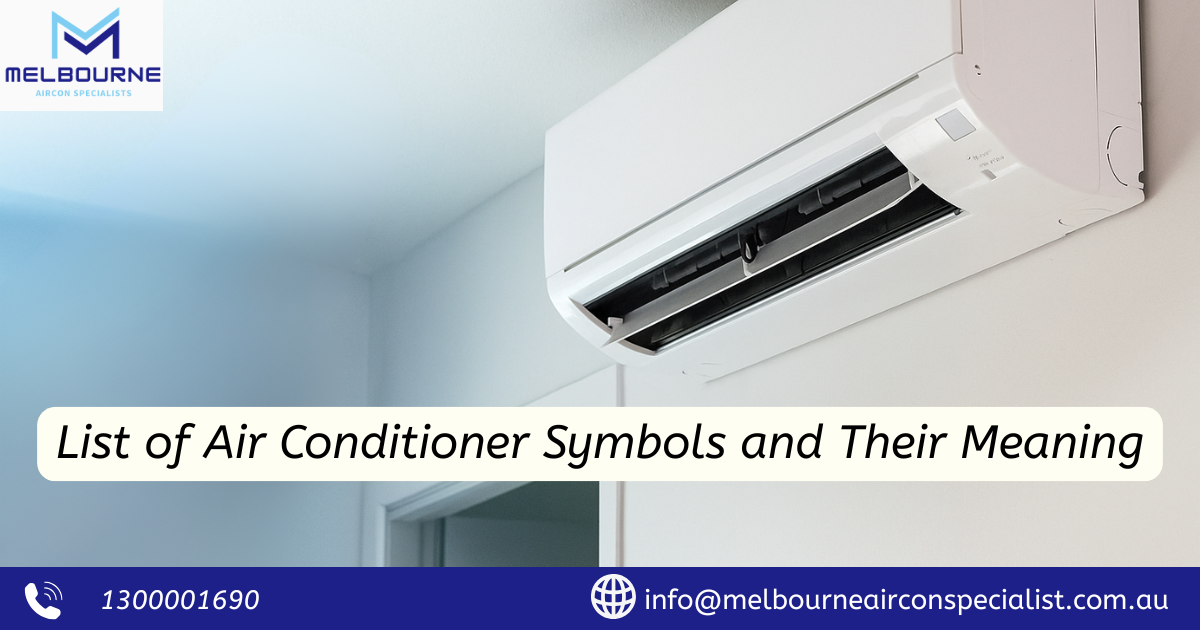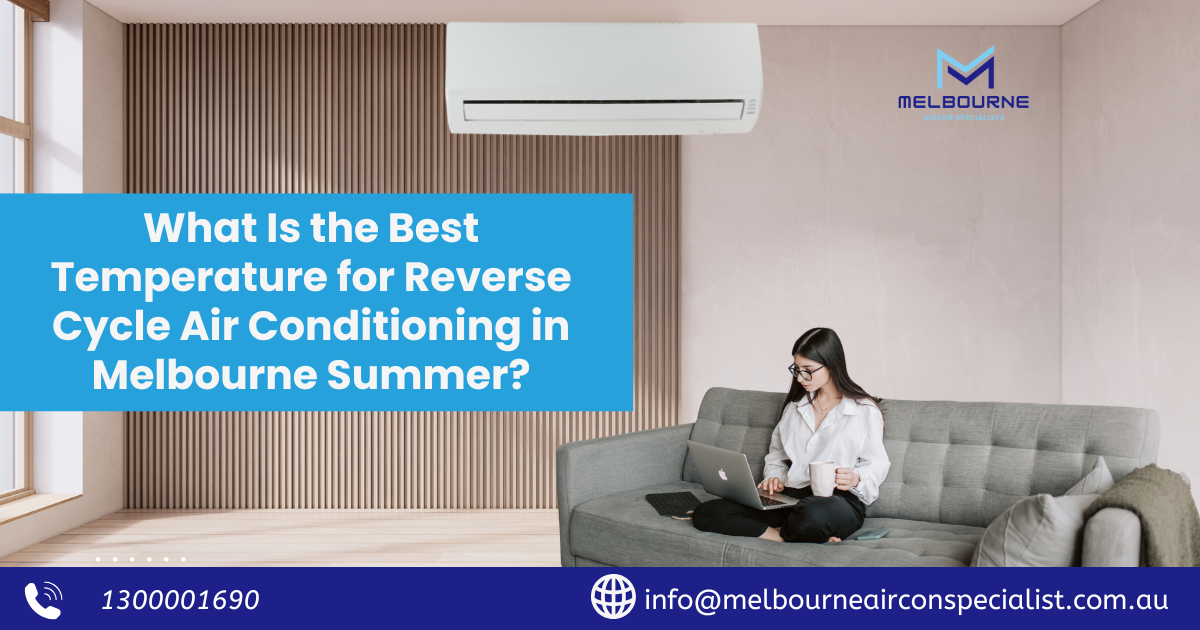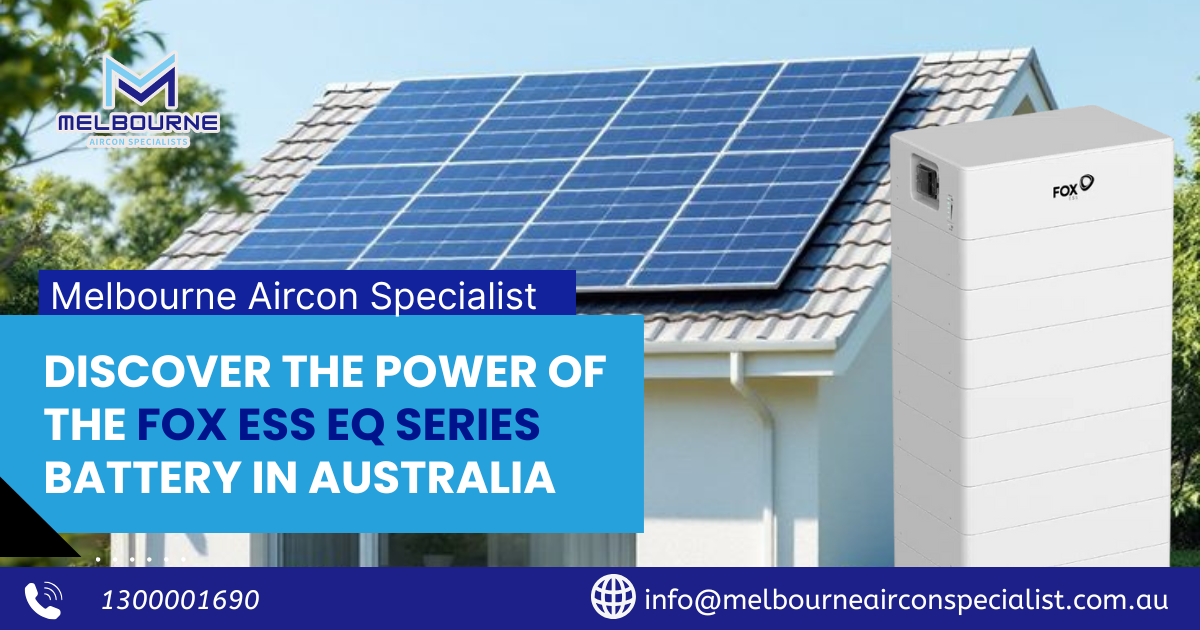A Complete Guide for Melbourne Homes Air conditioner symbols are small icons shown on your remote control or indoor unit display. These symbols act...
Inverter vs Non-Inverter Air Conditioners: Which One Should You Choose in Melbourne?
When upgrading or installing a new air conditioning system in your Melbourne home, one of the most important decisions you’ll face is choosing between an Inverter vs Non-Inverter Air Conditioners
Both systems offer cooling and heating, but they operate in significantly different ways — impacting your comfort, power bill, and environmental footprint.
Let’s break down the differences and help you make an informed choice.
Key Differences Between Inverter vs Non-Inverter Air Conditioners
| Feature | Inverter Air Conditioner | Non-Inverter Air Conditioner |
|---|---|---|
| Compressor Operation | Variable speed – adjusts based on cooling needs | Fixed speed – turns ON/OFF repeatedly |
| Energy Efficiency | High – saves 30–50% more energy | Moderate – consumes more power |
| Temperature Control | Smooth and consistent | Fluctuates, less precise |
| Noise Level | Quieter – no frequent ON/OFF cycling | Louder due to constant cycling |
| Initial Cost | Higher upfront investment | Lower purchase price |
| Long-Term Savings | Significant savings on energy bills | Higher running costs over time |
| Durability | Longer lifespan with less wear and tear | More wear due to frequent ON/OFF operations |
| Rebate Eligibility (Victoria) | Eligible under VEU rebate schemes | Limited eligibility for rebates |
| Best For | Daily use, energy-conscious homes | Occasional use or budget setups |
| Environmentally Friendly | Yes – uses energy efficiently | Less eco-friendly due to higher power use |
What Works Best for Melbourne Homes?
With Melbourne’s unpredictable climate — chilly winters and hot summers — inverter systems are fast becoming the preferred choice. Not only do they offer superior comfort and faster cooling/heating, but they also align better with Victoria’s 2025 energy efficiency standards and VEU rebate programs.
If you’re looking for long-term savings, low noise, and consistent comfort, an inverter unit is the smarter choice.
Why Choose Melbourne Aircon Specialist?
At Melbourne Aircon Specialist, we help homeowners across the suburbs make the right choice for their budget, space, and comfort needs. Whether it’s a wall-mounted split system, multi-head unit, or ducted inverter setup, we guide you from selection to installation — and even assist with rebate paperwork.
Ready to Upgrade?
Let us help you choose the right air conditioner for your Melbourne home.
📍 Servicing all suburbs across Greater Melbourne
📞 1300 001 690
📧 info@melbourneairconspecialist.com.au
🌐 melbourneairconspecialist.com.au
What is the main difference between inverter and non-inverter air conditioners?
The primary difference is how the compressor operates. Inverter ACs adjust the compressor speed based on temperature needs, while non-inverter ACs run at a fixed speed and switch on and off frequently.
Which type of air conditioner is more energy efficient?
Inverter air conditioners are significantly more energy-efficient. They use up to 50% less power than non-inverter units by avoiding the energy spike caused by frequent on/off cycles.
Do inverter air conditioners qualify for government rebates in Victoria?
Yes! Most inverter air conditioners meet the energy efficiency criteria set by the Victorian Energy Upgrades (VEU) program and are eligible for rebates when installed by an approved provider.
Are inverter air conditioners more expensive?
Inverter ACs usually have a higher upfront cost, but they provide long-term savings through reduced energy bills and fewer maintenance issues.
Which system is better for Melbourne homes?
Given Melbourne’s variable climate, inverter air conditioners are better suited for year-round use. They offer smoother temperature control, lower noise levels, and better energy savings — making them ideal for modern households.
Can I upgrade my non-inverter AC to an inverter model?
Absolutely. Melbourne Aircon Specialist can assess your current setup and recommend an energy-efficient inverter system that suits your home’s size, layout, and comfort needs.





